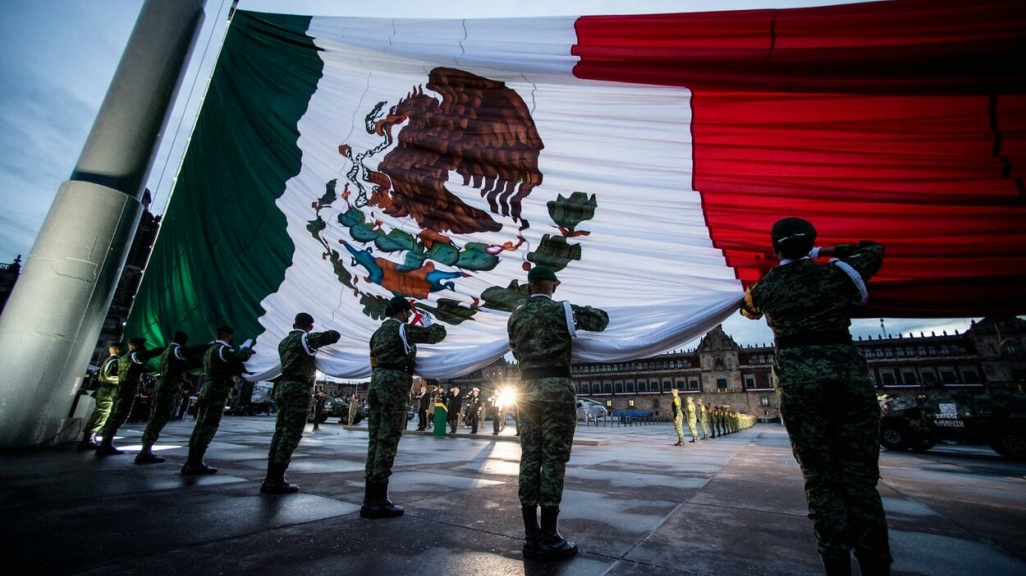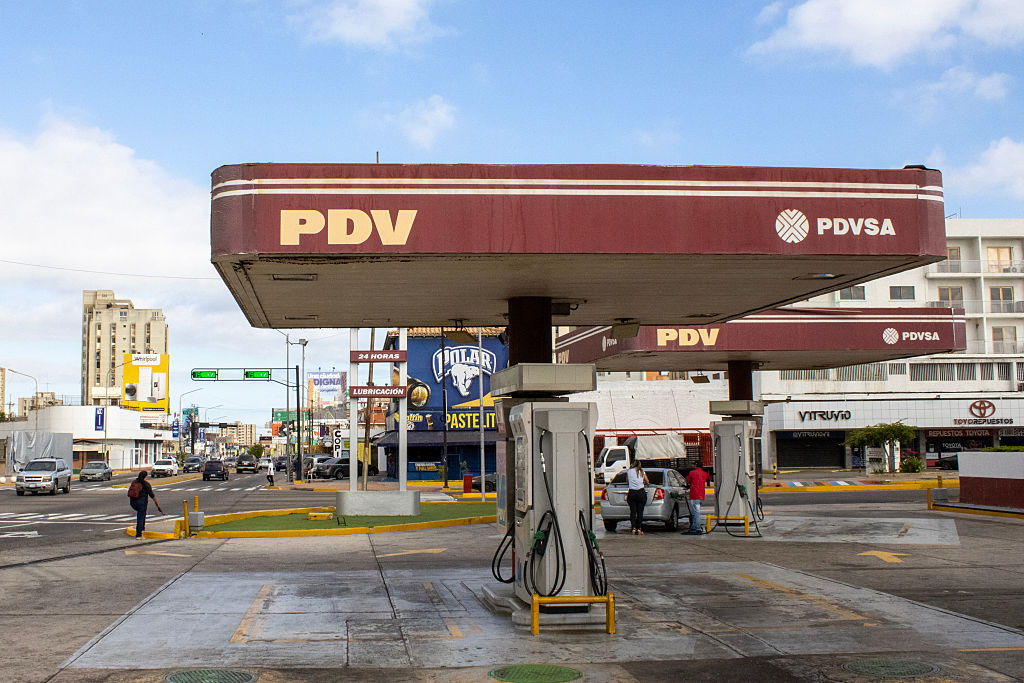LatAm in Focus: Mexico's March toward the 2024 Election
LatAm in Focus: Mexico's March toward the 2024 Election
By
Carin Zissis
Political analyst Carlos Bravo Regidor explains the AMLO government’s moves toward militarization and the ramped up race for the presidency.
"It's very easy to give things to the army. It's very hard to take them back."
Latin America in Focus Podcast
Subscribe to Latin America in Focus, AS/COA's podcast focusing on the latest trends in politics, economics, and culture throughout the Americas.










